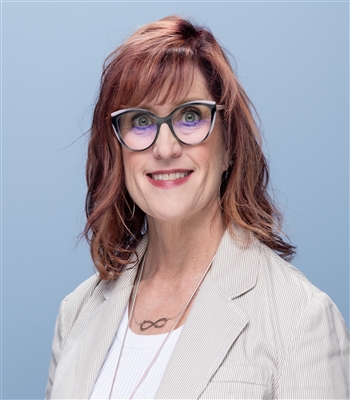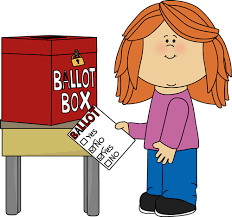Whitewater should step ahead: Go Solar
September 30, 2019
Building a new dorm is a great achievement for the University of Wisconsin-Whitewater. However, without solar panels the dorm is not the achievement it could’ve been.
As a member of Students Allied for a Green Earth, or S.A.G.E., I am an active member in our campus’s sustainability projects. One of our main goals last semester was to get solar panels on the roof of the new dormitory. Getting solar panels would help defray rising energy costs, and reduce the consumption of fossil fuels on our campus.
While not implemented, the budget for the new dormitory did include infrastructure for solar panels. Infrastructure for solar panels would look like stands and wiring, things to get the solar panels in position. However, the solar panels themselves never made it into the budget.
Solar panels are the cutting edge of renewable energy. While wind and hydroelectric power are also viable, solar power is going to play a large part in the future of our state’s fight to create renewable energy. Last year, solar power made up only 0.2% of Wisconsin’s total power consumption, mostly at consumer-sited facilities. However, UW-Whitewater has the potential to change that.
Wisconsin imports almost all of its energy. Coal from Montana and Wyoming is shipped into many ports, and accounts for nearly half of the energy consumption in the state.
While Wisconsin does not have a large potential for renewable energy, it is still available. While our modest wind resource is located almost exclusively on the east coast near Lake Michigan, solar power can be set up anywhere the sun shines. Here on campus we have 13 dormitories (not including the new one) and 13 class & administrative buildings that could sport solar panels.
My parents recently purchased a house in Arizona, where solar power is widely utilized. About one in every four houses in my parent’s new neighborhood has solar panels. The remarkable thing to me is that most of the residents who have panels are elderly residents who feel they are making an investment, not the young hipsters doing a trendy new thing.
When considering the cost of solar panels, they must be seen as an investment. Sure, the upfront cost of panels looks ugly on a budget sheet. However, 10-15 years down the road when the panels have paid for themselves (depending on many factors), that old budget sheet will be praised.
In my perfect world, every building would have solar panels on top of them. Our campus could produce so much solar energy that we would be able to sell surplus energy back to the power companies, making our school money! We wouldn’t have to import any more fossil fuels, and would reduce our carbon footprint. These are goals we can all strive for.
– Ethan Maurice
Sports Editor






















